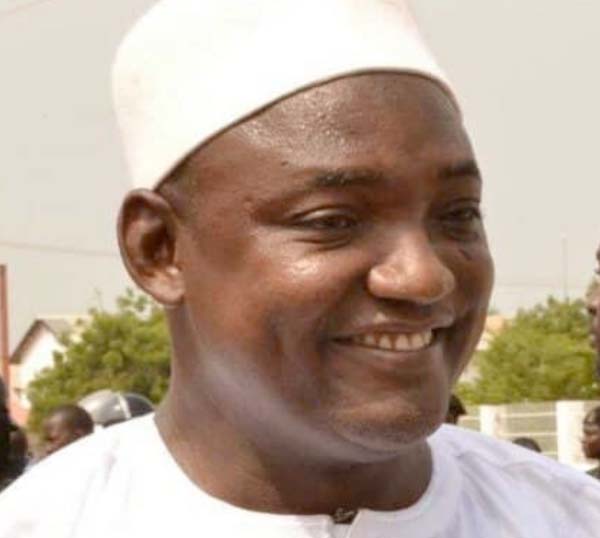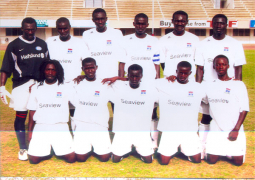
Stakeholders
at the recently concluded national conference on justice and human rights have
urged the government of President Adama Barrow to build new prisons that would
have state-of-the-art facilities.
The
convergence also discussed the need for prison officers to be professionally
trained so that they could serve to secure the prisoners, not to serve as
punishers.
During
the panel discussions and presentations, the panel hosted by Justice Kumba
Sillah-Camara of the High Court in Banjul highlighted the poor conditions of
the Gambia’s prisons.
Mr
Andrea Ori, a representative of the UN High Commissioner for Human Rights in
West Africa, said it is important that the conditions of prisons and detention
centres in The Gambia are improved to internationally acceptable standard.
He
called for The Gambia’s ratification of the Convention against Torture and the
Optional Protocol.
He
also said the country should consider abolishing the death penalty, and also
create a register of custody which would accurately record prisoner interment
and releases.
Mr
Ori also stressed the need for proper treatment of women prisoners and to
provide proper mechanism for complaints and redress.
Yannick
Titz, a panelist on the treatment of women and children in detention centres,
called for the provision of academic and vocational learning facilities to engage
prisoners while in incarceration “so that they could maintain their human
dignity”.
She
advocated for proper visitation facilities and stressed the need for adequate
and separate facilities for juvenile and women prisoners.
“A
more educative approach should be adopted for more successful reform of young
prisoners,” Ms Titz said.
She
commended the efforts being made by the prisons authorities in The Gambia with
respect to the provision of teaching service for the juvenile detainees. She however recommended for the inclusion of
the teaching of communication skills.
The
deputy speaker of The Gambia National Assembly, Hon. Momodou L. Sanneh,
proposed the construction of a new prison structures.
He
lamented the fact that the remand wing of Mile 2 Prisons is often overcrowded
and poorly ventilated with cells originally meant for about 10 people now
housing more than 30 prisoners.
Imam
Baba Leigh, a onetime prisoner, dilated on the poor condition of the prison,
saying the quality of food there is poor and so is medication also.
He
disclosed how some prison officers used the incarceration of some bigwigs to
extort money and other materials from their relatives and friends outside.
Lawyer
Neneh C. Cham said prison officers should comply with the rules, emphasing that
female prisoners should not be accommodated with adults in prison.
She
advised that the medical sector of the prison should be looked into as there
are times when the sector only got medications for malaria.
The
senior lawyer pointed out that a strict approach to disciplining juvenile
prisoners does not always work.


